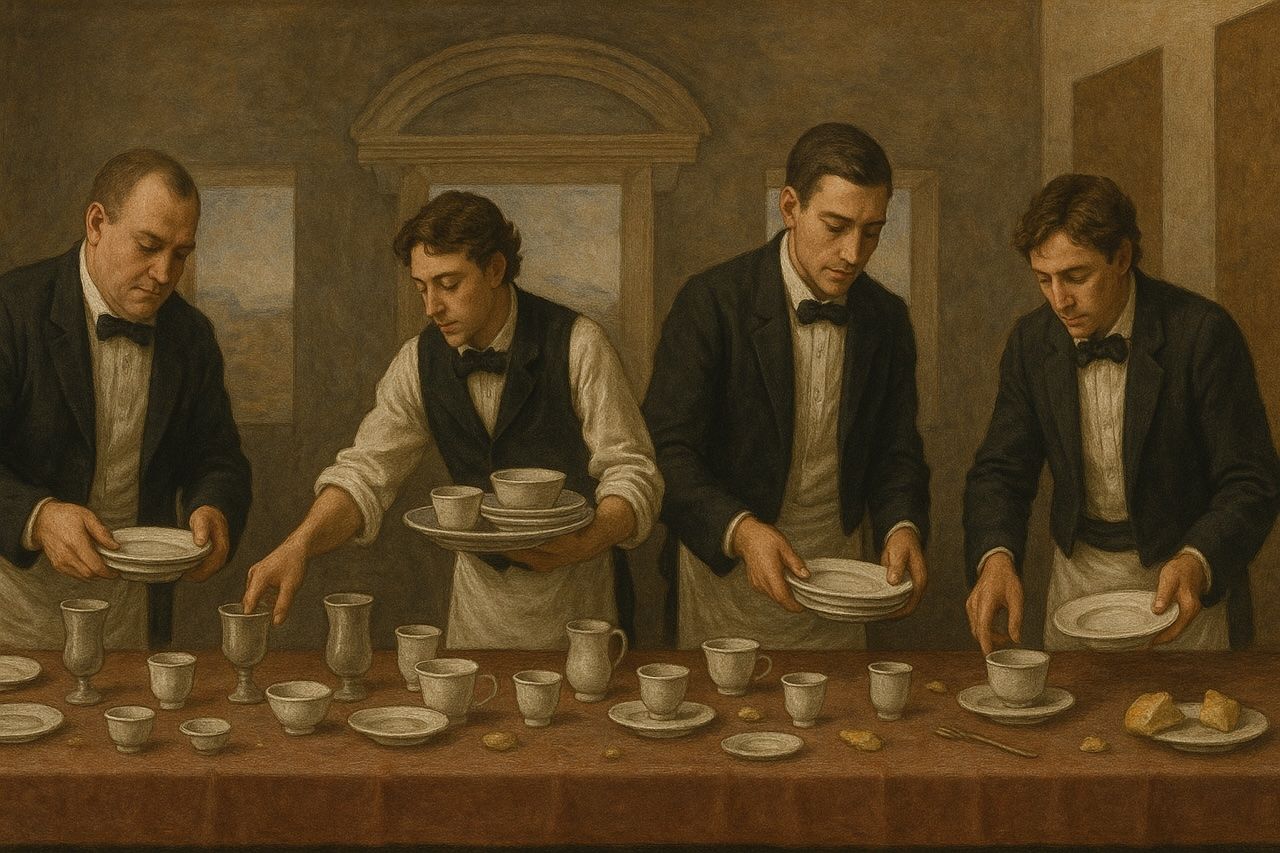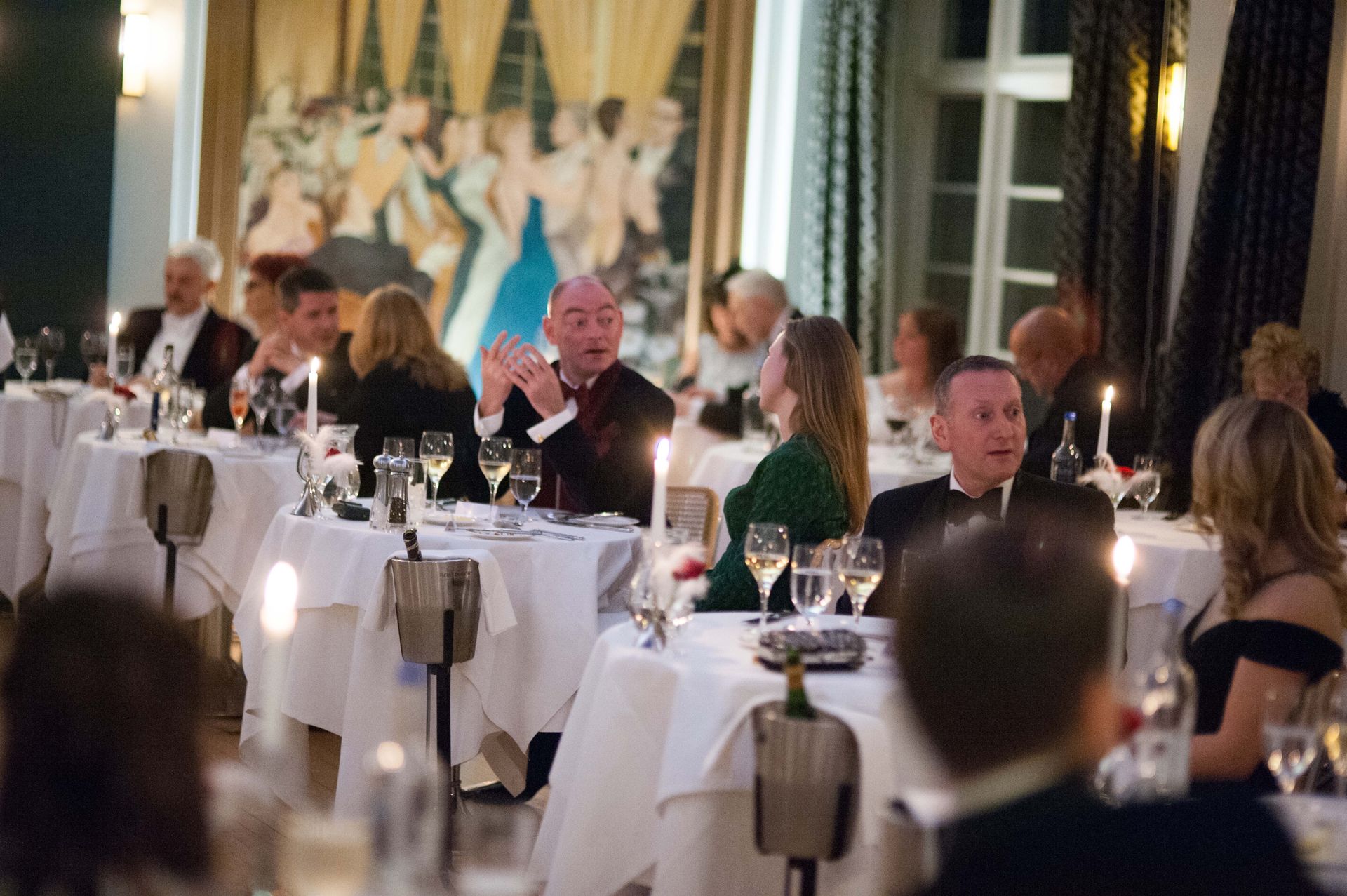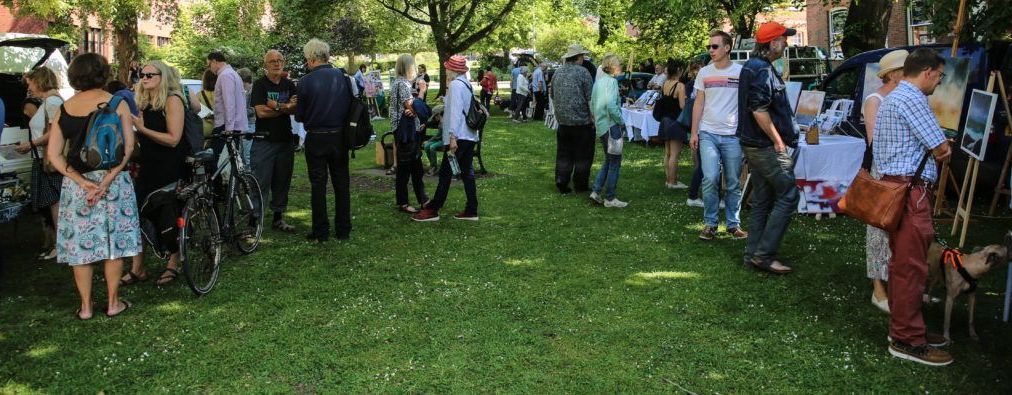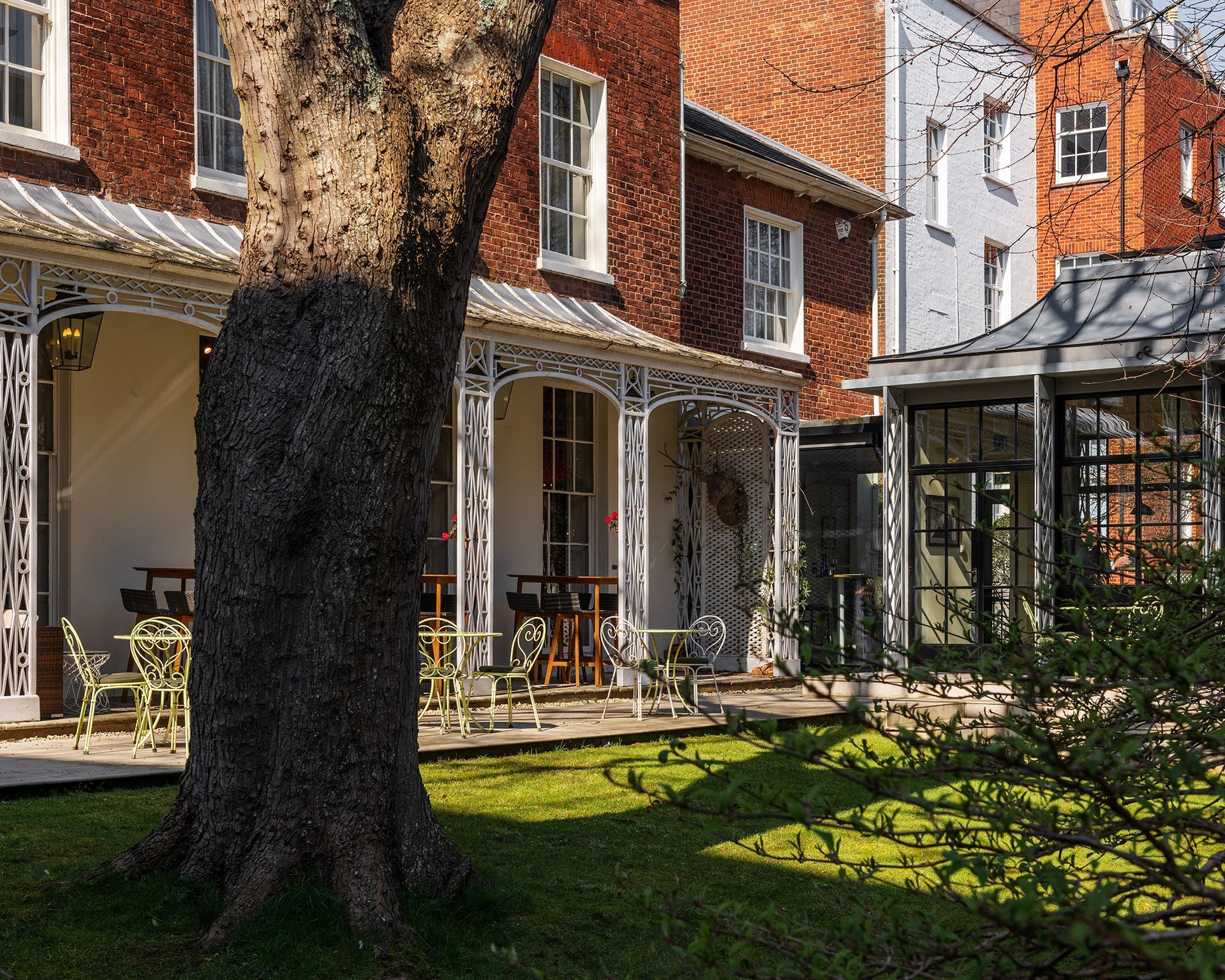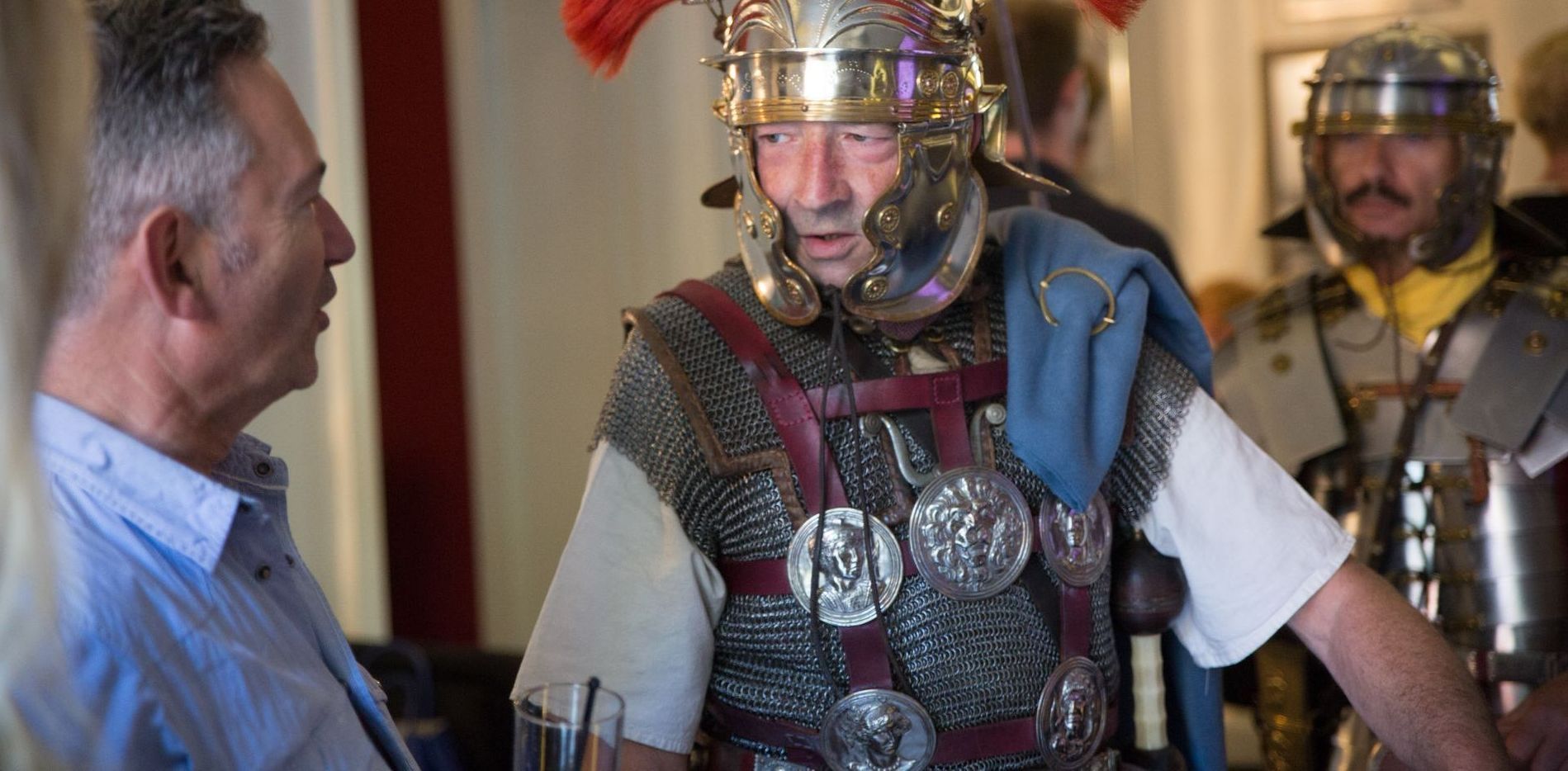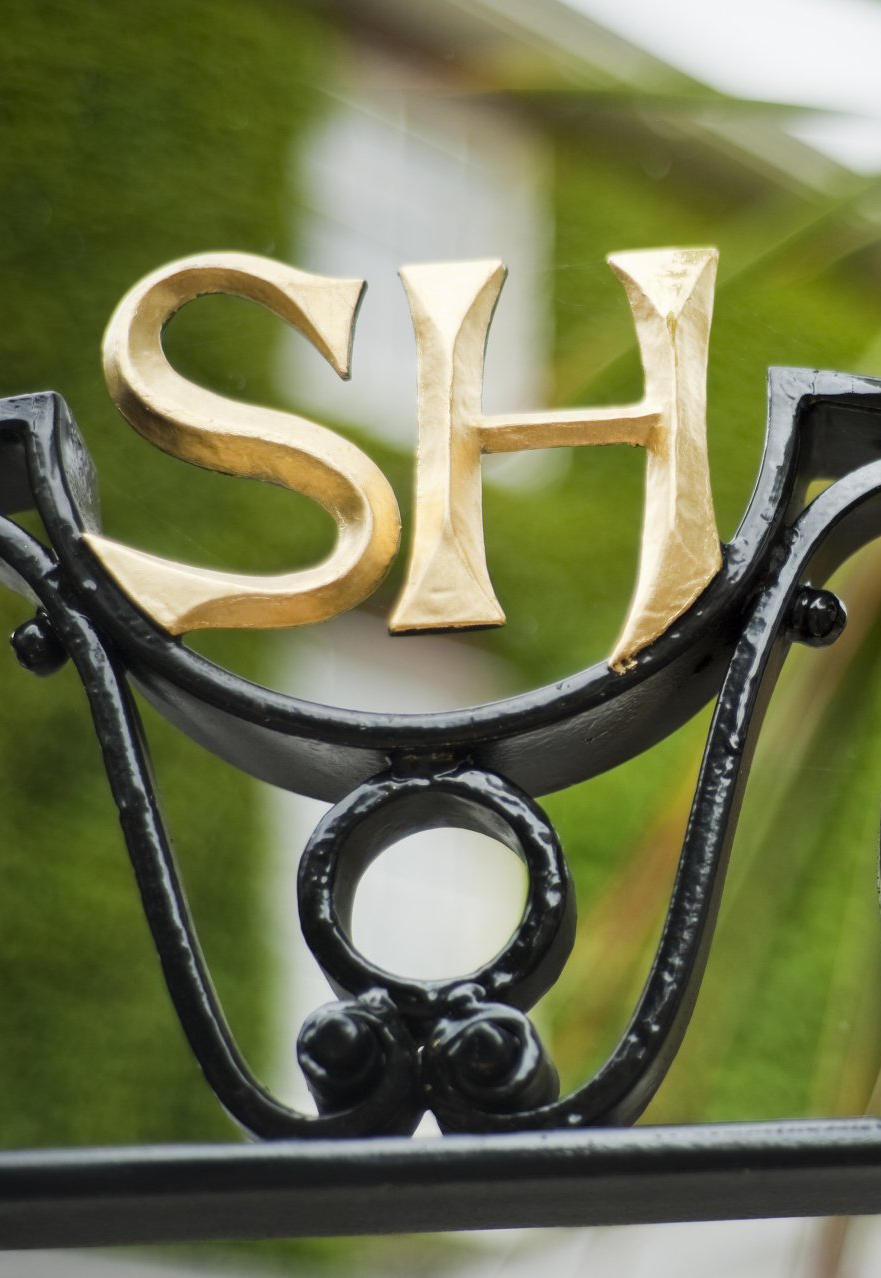Pestilential Plague
The present pandemic is part of a deadly dance that has lasted for centuries. The first one to hit our shores has an eerie similarity to C-19. Can we learn from how that played out?
OK, so our one was probably brought here from the lurid nightclubs of Ischal, but this isn’t dissimilar to how Medieval England saw The Black Death in the fourteenth century. The church tried to blame it on our generally naughty off-duty behavior, until the high mortality rate amongst priests knocked that one into touch. It followed the same route of transmission, from China, via Italy, through France and Spain and thence to England. It was travel that spread it then and now. In 1347 Pestilence arrived in Lombardy. By March 1348 Venice closed its ports and told incoming ships to self-isolate for 40 days in the lagoon (this is the root of “quarantine”).
You learned at school about The Black Death: how fleas transmitted it carried on rats carried on cargo ships into our ports. That makes Devon and the southwest pretty clear targets, dependent as we were on sea-faring trade. Unsurprisingly, the first recorded case was brought into Weymouth, in June 1348. Cases spread rapidly outwards through the region. It took around 500 days to rip through the entire country.
But I’m interested in what happened next; how The Plague changed life in England. There are some weirdly familiar themes here, too. First, religion (the equivalent of today’s politics) got polarized. You either opted for it: you founded a college if you had enough cash to flash (my old college was founded directly as a consequence, in 1348) or you built a private chapel if you wanted to be more low-key about your wealth. If you were really angry with the way the church had handled the crisis, you opted out down the anti-clerical route of John Wycliffe (1328-1384) and, since the term protestant had yet to be coined, called yourself a Lollard.
In the background, the Hundred Years War against France was put on hold until 1355. Still sounding familiar?
In searching for answers and scapegoats, the spotlight fell on the clergy, all of whom were then appointed by the Vatican, which also extracted fees and taxes for the pleasure of, basically, running the church in Europe. In the hotpot of post-Plague England, this was a definite red line. Edward III passed the Statute of Preamunire in 1353 (bear with me; this is actually quite interesting). This law was aimed at blocking any payments out of the State to “the court of Rome”, or elsewhere. By those two words, Edward III was making a declaration of independence from all foreign powers, not just the Pope.
With polarization of religion came a social change. There was a shortage in “low-skilled” farm labour in particular. Around 50% of the population had died, after all. Wages shot up and, since no one had got their heads around capitalism at that time, the landowners saw this as rebellion (which it was, in socio-economic terms). In 1349 Edward III fixed the level of wages, by law, at pre-Plague levels. I doubt this had much effect on the ground, but the Crown’s heavy-handed attempts to enforce the law really wound people up. Wages rose regardless, meaning those who found work felt flusher and those who didn’t were driven into larger villages and towns.
You learned, also, at school about the Peasants’ Revolt in June 1381? Well, here’s the link. Put loads of newly enfranchised (in a manner of speaking) workers in towns together and they will want to have their collective voices heard. The spring of 1381 also saw huge storms across England, which many took as omens of change and upheaval…. it’s still sounding familiar. The Peasants’ Revolt may have been suppressed but by 1400 serfdom was abolished. Wat Tyler was dead but he’d got the job done.
Of course, arts and culture changed with the tumultuous times. Big building projects – like Exeter Cathedral – were put on hold because there was no labour or supplies. A high proportion of the older, scholarly, French and Latin speaking “educated” population had died. The barrier for change was lower. Things got less fussy, in art, architecture and writing, allowing vernacular English writers like Chaucer (1343-1400) to take center stage. English (although unrecognizable to most of us today) became the language of the courts, of relationships, of trade. England was English at every level of society.

